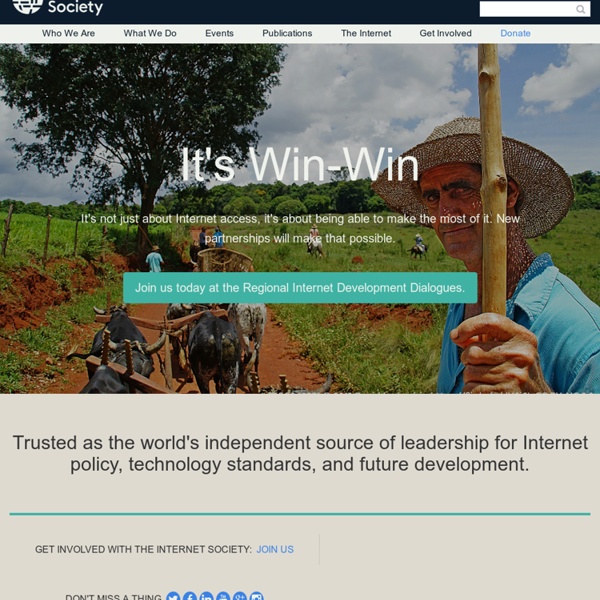



https://www.internetsociety.org/homepage
Related: rgodinez5845 Design Thinking Resources For Educators 45 Design Thinking Resources For Educators Imagine a world where digital learning platforms help adult learners succeed through college completion; where a network of schools offers international-quality education, affordable tuition, and serves hundreds of thousands of children in economically disadvantaged countries; where we engage parents in understanding national trends and topics in education; where a comprehensive learning environment seamlessly connects the classroom with the opportunities of the digital world for young students; and where system-level solutions help more students gain access to college. Educators across the world have been using design thinking to create such a world.
[Collège 2016] L'organisation des enseignements au collège au Bulletin officiel Les volumes horaires des enseignements obligatoires dispensés au collège dès 2016 Niveau sixième (cycle 3) * Chacun de ces enseignements peut être organisé à raison de deux heures hebdomadaires sur un semestre. ** S'y ajoutent au moins dix heures annuelles de vie de classe. *** Ces trois heures hebdomadaires sont consacrées aux enseignements complémentaires sous la forme d'accompagnement personnalisé. Estos son los mejores sitios para descargar libros en español Última actualización el 07 Mayo 2014 Visto: 3001 Califica este contenido!! ( 50 Votos ) Google Books: si existe una versión gratuita y electrónica de un libro, de seguro está en esta plataforma.
WikiNotions Liste des notions [Développer] D (document, droit de l'information...) I (identité numérique, indexation...) O (opérateur, outils de recherche...) Ce Wikinotions InfoDoc est un projet collaboratif piloté par l'APDEN (ex-FADBEN), Association des professeurs documentalistes de l’Éducation Nationale, destiné à préciser le contenu d'un enseignement en information documentation. Navegar por Internet ayuda a poner freno al alzhéimer Un estudio demuestra que los pacientes que utilizan la Red reducen el avance de la enfermedad Redacción. Madrid Internet ya no es algo exclusivo de jóvenes. En los últimos años, las personas mayores han mostrado un creciente interés por las nuevas tecnologías, las redes sociales y todo el mundo de posibilidades que les presenta la Red. Este entusiasmo ha motivado varios estudios sobre sus beneficios en la tercera edad.
PROFESSEURS DOCUMENTALISTES & CDI 1. Découvrir Pix Pix est une plateforme publique de développement, d’évaluation et de certification des compétences numériques. Quatre services de videoconférence en ligne gratuits Le site Les outils collaboratifs a présenté au début du mois de septembre 2012 trois services gratuits de vidéoconférence : meetings.io, emeet.me et zoom.us. Ces services méritent en effet qu'on s'y arrête. Trois services gratuits pour des groupes restreints Meetings.io. Fonctions, missions Cette circulaire abroge la circulaire n° 86-123 du 13 mars 1986 définissant les missions des « personnels exerçant dans les CDI », B.O. n° 12 du 27 mars 1986. Conformément à l'arrêté du 1er juillet 2013 relatif au référentiel des compétences professionnelles des métiers du professorat et de l'éducation, les professeurs documentalistes exercent leur activité dans l'établissement scolaire au sein d'une équipe pédagogique et éducative dont ils sont les membres à part entière. À ce titre, ils partagent les missions communes à tous les professeurs et personnels d'éducation. Ils ont également des missions spécifiques. Ils ont la responsabilité du centre de documentation et d'information (CDI), lieu de formation, de lecture, de culture et d'accès à l'information. Ils forment tous les élèves à l'information documentation et contribuent à leur formation en matière d'éducation aux médias et à l'information.
Create a free website and a free blog “ It's a way our clients can get to know us and see our culture without physically visiting the store. I couldn't believe I got the site up and running over one weekend.” “ I have been an entrepreneur for many, years, but suddenly my art licensing is really coming together and I need to have a simple, bold statement about my art. My Weebly site fits that vision for me.”
Vikidia Enciclopedia Y Biblioteca Virtual De Las Ciencias Sociales, Económicas Y Jurídicas Crear una página web gratis con nuestro Editor web gratis Free Technology for Teachers